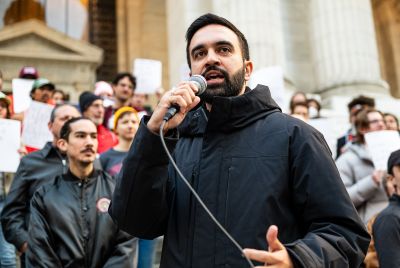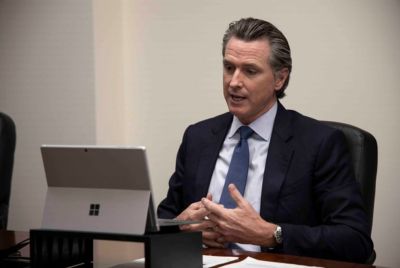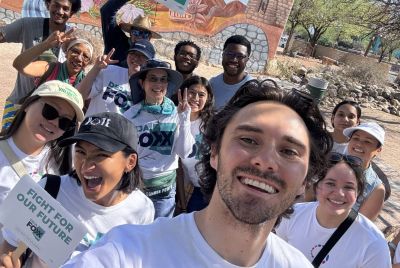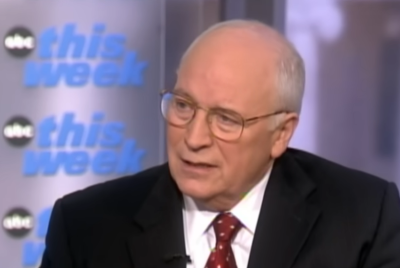Syria: UN Team Finds Refuge with Rebels and Patients are ‘Being Used as Weapons’ [VIDEO]
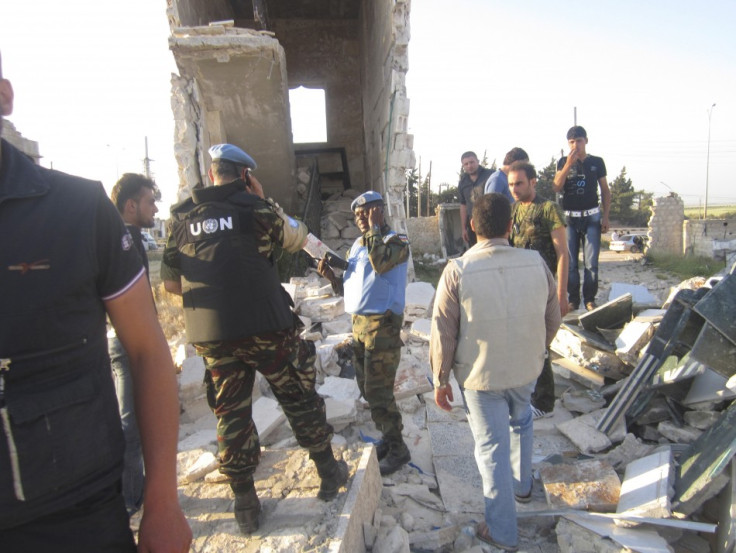
Violence continues in Syria, prompting a UN monitoring group to find shelter with a group of rebels while attacks on civilians and doctors are on-going.
The UN said an observer team that came under attack on 15 May in the evening in northern Syria was protected by rebel forces.
The group came under fire after a roadside bomb struck its vehicle during a mission in the northern town of Kahn Sheikhoum. None of the observers were injured.
They had just come back from a meeting with rebel forces operating in the area.
Witnesses in the area said the regime forces had attacked a funeral procession taking place nearby minutes before the UN team came under fire.
The Britain-based Syrian Observatory for Human Rights said up to 20 people were killed in the security forces' attack with more than a hundred injured.
The UN team subsequently found refuge with rebel forces who gave them shelter for the night.
Maj. Gen. Robert Mood, the Norwegian head of a team of observers in Syria, told reporters on Wednesday he had spoken to the observers who were still in Khan Sheikhoun.
They "told us that they are happy and safe where they are," Mood said of the telephone conversation.
Ahmad Fawzi, a spokesman for Syria's special envoy Kofi Annan said in a statement the mission is set to recover the observers later on Wednesday.
Syria agreed to special envoy's Kofi Annan's plan last month but has failed to implement most of the deal's six points and activists say attacks on civilians continue.
The UN said 211 military observers and 66 civilians UN staffer have been deployed across Syria, in the cities of Aleppo, Hama, Idlib, Deir el-Zour, Daraa and Homs and the number of observers is expected to reach 300 later this months.
Syrian opposition groups and activists said the UN needed to deploy at least 5,000 observers to be able to properly assess the current situation in Syria.
Burhan Ghalioun, the head of Syria's opposition umbrella group, the Syrian National Council, on 15 May said the Annan plan would fall into pieces if the Syrian government continues to only partly implement it.
Ghalioun,who was in Rome for a conference of council members of the SNC was re-elected as SNC leader for another three-month term.
Attacks on Civilians and Refugees
Medecins Sans frontiers also revealed this week they secretly sent a team in Syria. The organisation is not authorised to work in the country.
The international aid agency said members of its team reached cities such as Homs and Idlib where they found civilians and doctors at risk of being attacked and arrested by the government's forces.
They said both doctors and patients are being targeted by the Syrian forces.
"Being caught with patients is like being caught with a weapon," said an orthopedic surgeon whom MSF met in a village in Idlib Governorate.
"You can see medical equipment and supplies," said a MSF surgeon who worked in Idlib. "Sometimes the resources and the infrastructure are there, but the fear and the risks of capture are so great that doctors hesitate to treat patients."
Meanwhile an attack on a camp for internally displaced people was attacked by government forces on 16 May, killing three people including a two-year-old girl.
Kofi Annan has now urged Syria's government to accept U.N. conditions for increasing the distribution of humanitarian aid to up to 1 million Syrians in need of assistance.
"The joint special envoy [Annan] remains extremely concerned about the plight of 1 million Syrians in need of humanitarian assistance," U.N. spokesman Martin Nesirky told reporters.
"He strongly urges the government to accept the conditions for a scaling up of the humanitarian assistance without further delay," he said
© Copyright IBTimes 2025. All rights reserved.





